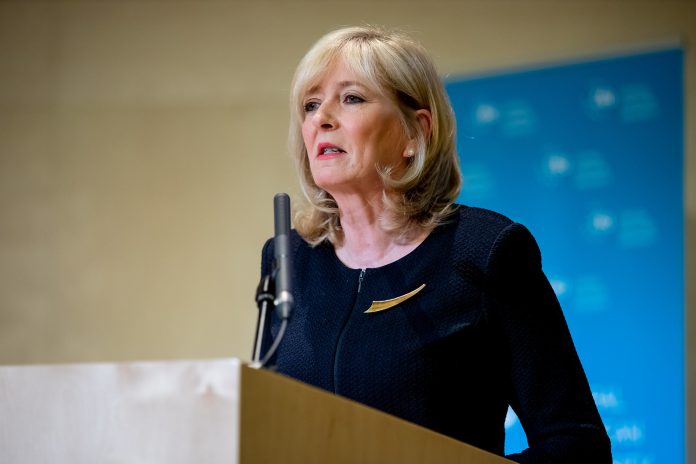In 2020, the European Ombudsman Emily O’Reilly continued to increase transparency and the quality of services to citizens in the EU, say MEPs in a report.
In a report on the work of the European Ombudsman n 2020 (adopted with 23 votes in favour, 10 against and 1 abstaining), Petitions Committee MEPs express support for the Ombudsman as she seeks to promote transparency and public access to documents. As a priority, more transparency is needed in EU vaccine policy (including research, development and procurement), and the Ombudsman should urge the Commission to publish its Purchase Agreements in full, say the MEPs. Also, the Ombudsman’s recommendations for improving the work of the ECDC should be fully implemented.
More transparency needed in EU institutions
Overall, MEPs note that the working practises of EU institutions are still not transparent enough, and welcome the Ombudsman’s work in probing these practises. They urge institutions to reform the outdated legislation on access to documents, and to implement the Ombudsman’s recommendations for trilogue transparency, based on her strategic enquiry into legislative transparency in the Council of the EU. The Committee also notes that it is important for the EU institutions to communicate with citizens in all 24 languages, which the Ombudsman has also recommended. When it comes to petitions, the Committee would like to see the Ombudsman launch an enquiry into the Commission’s way of dealing with petitions and its stance of only taking action on issues that deemed strategic or related to structural problems, excluding individual cases. In 2020, the Ombudsman launched worthwhile investigations into the European Border and Coast Guard Agency (Frontex), for example its handling of fundamental rights breaches and its complaint mechanism. The MEPs encourage the Ombudsman to follow up on the Commission’s response to issues at Frontex, notably the development of a monitoring mechanism. Looking to the future, MEPs note that the public needs transparent information about the member states’ recovery and resilience plans and the allocation of NextGenerationEU funds. In this area, the Ombudsman should have a stronger oversight role, note the MEPs.
After the vote, rapporteur Eleonora Evi (Greens/EFA, IT) said: “With the adoption of my report today, PETI Committee endorsed my request to take firm action to address bad practices and maladministration cases detected in the EU Administration by the Ombudsman in her excellent work, strengthening transparency, ethical and accountability standards in order to uphold citizens’ right. The strongest ethical rules must become the bedrock for all decisions adopted at EU level to prevent any conflict of interest and corruption cases, especially following the unprecedented level of investments planned under NextGenerationEU.”
The European Ombudsman presented her annual report for the year 2020 to the Petitions Committee on 14 July 2020. In 2020, the Ombudsman opened 370 inquiries (365 based on complaints and 5 of her own-initiative), and closed 394 inquiries. The most frequent subject of inquiries was the European Commission (210 inquiries, 57 % of the total). Closed enquiries most often related to transparency, accountability and access to information and documents (25 %) and the culture of service (24 %). Recently, the European Parliament adopted a new, legally strengthened statute for the Ombudsman.

